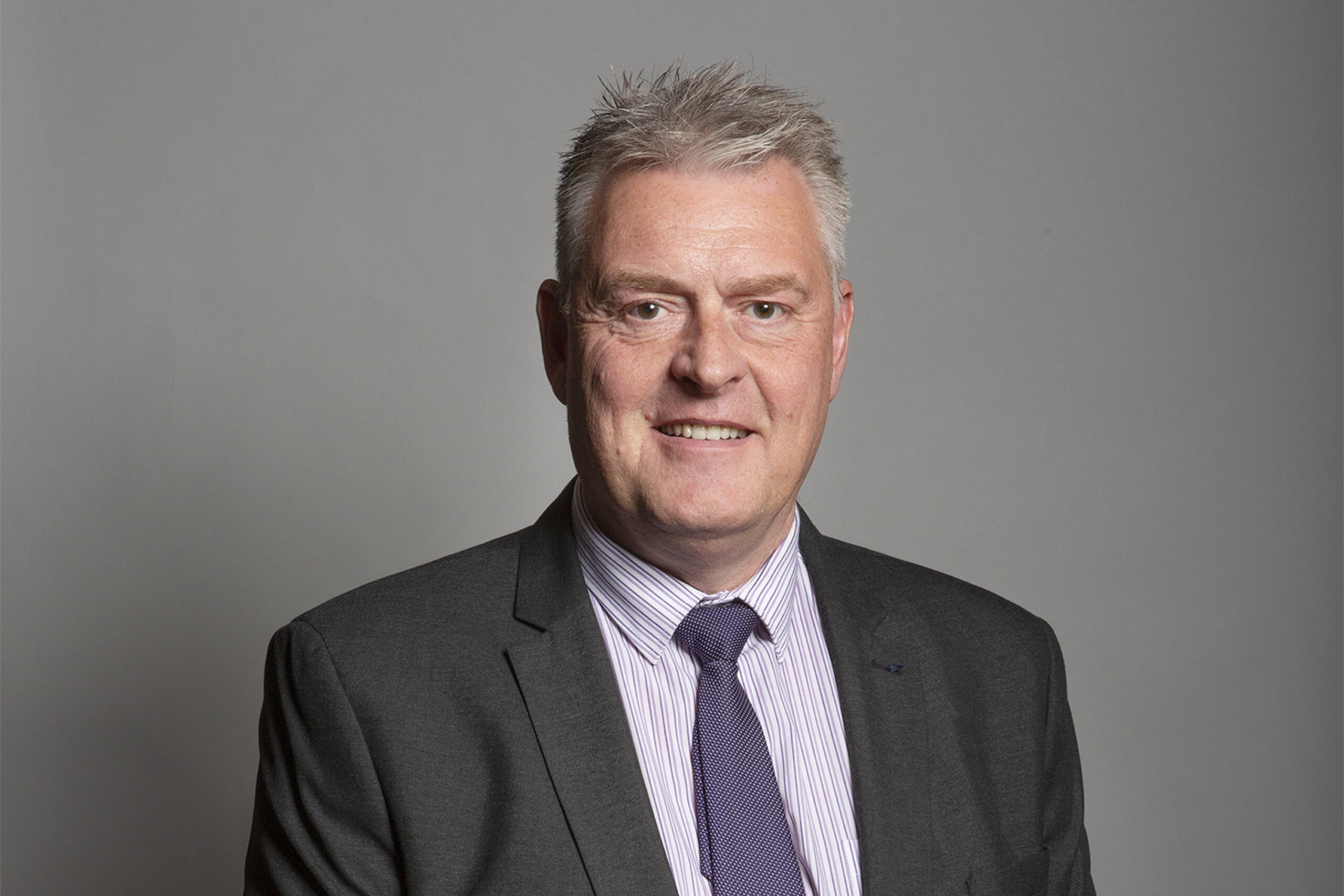The topic of baby loss is arguably one that many people feel uncomfortable discussing, given its sensitive nature. We often avoid talking about it for fear of upsetting the families directly affected and being unable to speak about it in a way that does justice to the impact baby loss has. In some cases, baby loss is unavoidable and something that will sadly always happen. However, there are far too many examples of preventable baby deaths, which would not have occurred if the right support had been in place for both the parents and the NHS staff caring for mothers and their babies. I know how important this issue is which is why it was a real honour to be able to host my own Westminster Hall debate, on baby loss on 4th September.
As a dad to two boys, I remember fondly the day I became a father and how it changed my life. The boys are now grown men but have always been my priority and I could not be prouder of them. One day I hope to be a grandad and I know that men and women up and down the country, who have also had their own children, look forward to this day too. For people who have suffered baby loss, their hopes and dreams for the future still remain and I know from their stories, that they often think about people their babies would have been and the lives they would have lived.
As my Parliamentary colleagues will know, MPs receive a significant amount of correspondence across an array of issues and as elected representatives, it is our duty to help our constituents in any way we can and to ensure their voice is heard at the highest levels of Government. I can’t think of a better example of this than the topic of baby loss. When several families in Ashfield approached me to share their own stories of baby loss, I was truly moved by their accounts and was understandably keen to support them. Regardless of when it happened, it was evident that each family were still navigating their grief and, in some cases, also having to care for other children they had. Rob Singleton and Emma Stretton lost Brooke-Olivia, Bianca Chapman and Chris Khalfan lost Imiza, Amelia Bradley and Luke Sherwood lost Theo and Hayley Moore and Dan Ritchie lost their daughter. These precious babies remain a part of their families lives even though they are tragically no longer with us.
We all know someone who has suffered baby loss in some capacity, whether that is a miscarriage, a still birth or the death of a baby soon after birth. It is equally devastating at any of these stages, and you hear from both women and men the way it has changed their relationships with their partners, their other children as well as their extended family and friends.
It was clear from the speeches delivered during the Westminster Hall debate, that there is plenty of lessons to be learned for the NHS. As I said in the debate, I believe in some cases the process of childbirth is treated like a manufacturing line and part of the natural hustle and bustle of a busy hospital. Whilst the birth of a new life is an everyday occurrence, it is much more than this for the mothers and fathers who are welcoming their child into the world. Kings Mill Hospital in Sutton in Ashfield, where my constituent’s babies were born, have done their part to acknowledge their mistakes. Kings Mill Hospital is a fantastic facility that delivers great care and is the place where my children and I were born. However, it is crucial that other hospitals do what Kings Mill have done by accepting their mistakes and putting measures in place to prevent future babies dying.
What I hope is that the families affected in Ashfield and beyond get the real answers they deserve. We must equip the NHS with the right resources and training to prevent as many baby deaths as possible, so that future families do not have be subjected to such an awful, life changing experience.
We must equip the NHS with the right resources and training to prevent as many baby deaths as possible


